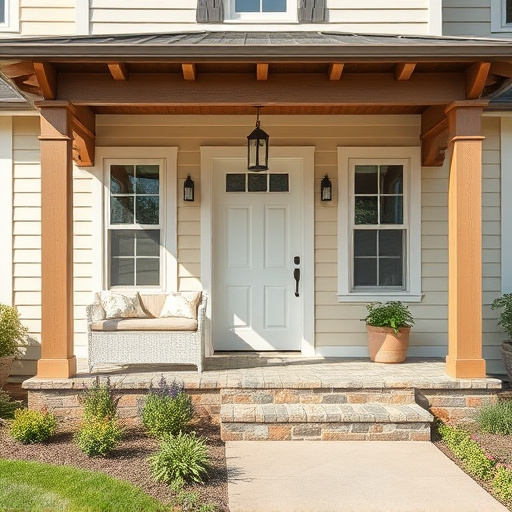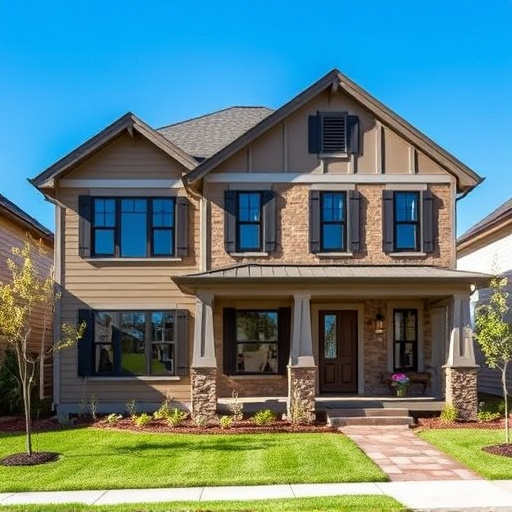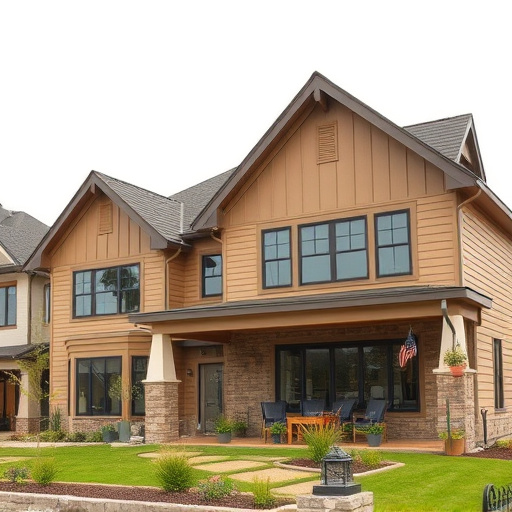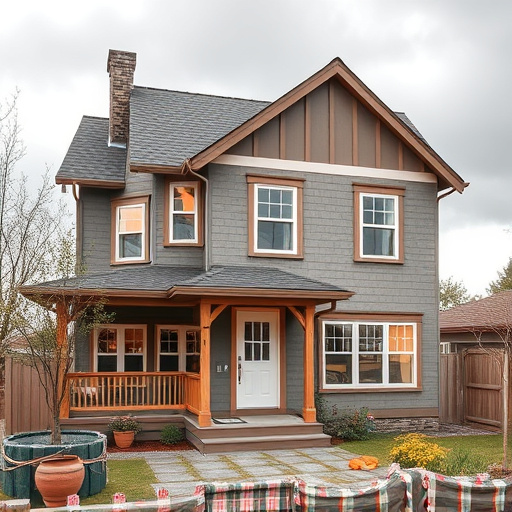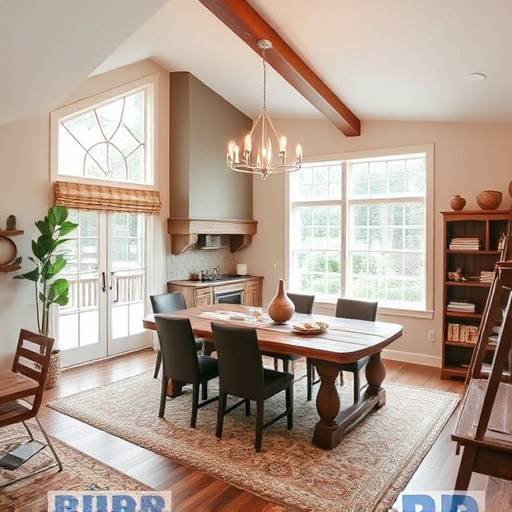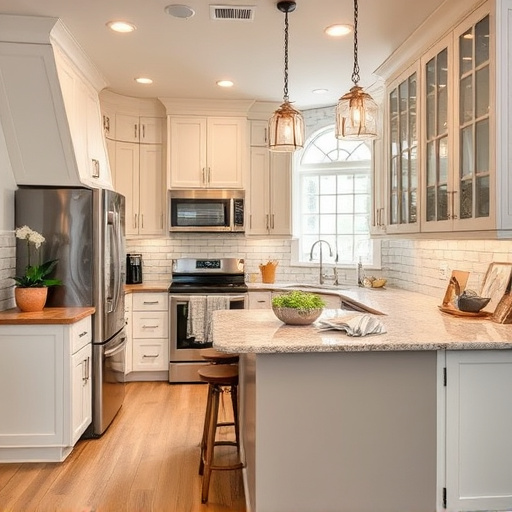Adequate planning crucial for commercial remodeling success. Accurate measurements, client vision clarity, and precise project boundaries prevent costly mistakes. Detailed budget planning considers variable costs for structural changes, safety compliance, and local building codes to avoid delays and legal issues.
In the realm of commercial remodeling, avoiding common pitfalls is key to a successful transformation. This article guides you through three critical mistakes often overlooked: failing to plan with precise measurements and a clear scope, underestimating budget requirements for costs and time, and neglecting building code compliance. By understanding these errors, you can ensure your commercial remodeling project stays on track, adheres to safety standards, and delivers an outstanding outcome. Key insights for a smooth and effective renovation process lie ahead.
- Failing to Plan Thoroughly: Skimpy Measurements and Unclear Scope
- Overlooking Budget Considerations: Underestimating Costs and Time
- Neglecting Building Code Compliance: Permits and Safety Standards
Failing to Plan Thoroughly: Skimpy Measurements and Unclear Scope
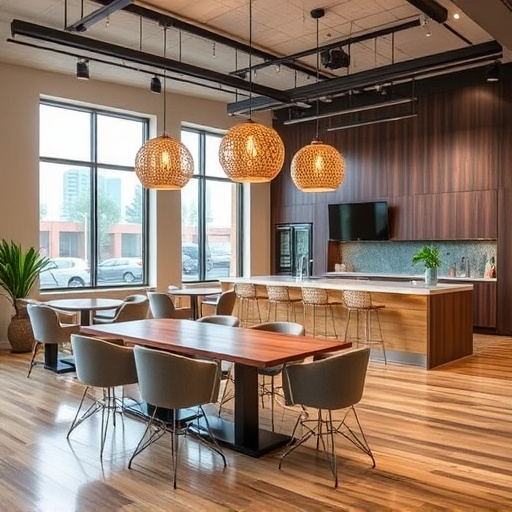
Many commercial remodeling projects fail to take off on the right foot due to inadequate planning. Skimpy measurements and an unclear project scope can lead to costly mistakes, delays, and dissatisfaction for both clients and contractors. It’s crucial to invest time and resources in detailed planning before breaking ground on any commercial renovation. This includes accurately measuring spaces, understanding the client’s vision, and defining the project’s extent.
A poorly planned kitchen renovation might result in custom work that doesn’t fit seamlessly, or floor replacements that aren’t aligned with the new design. These issues can arise from oversights during the initial consultation and measurement phase. Therefore, clients should insist on comprehensive planning sessions to ensure their commercial remodeling projects are executed smoothly, staying within budget and on time.
Overlooking Budget Considerations: Underestimating Costs and Time
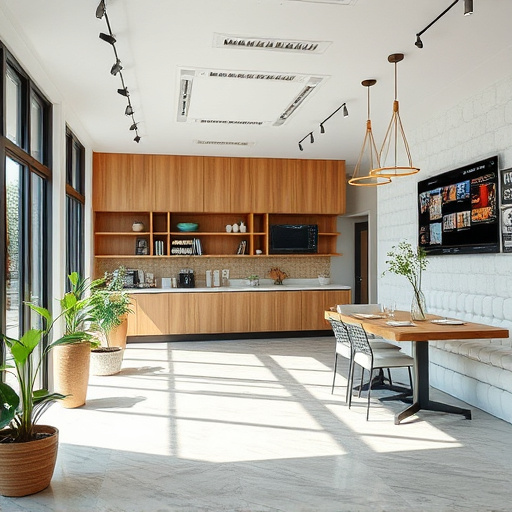
Many commercial remodeling projects often veer off course due to one overlooked aspect: budget considerations. It’s a common mistake to underestimate both the costs and the time required for such extensive renovations. Commercial spaces, whether offices or retail stores, can involve complex transformations that extend beyond mere aesthetics. From structural changes to updating electrical systems and ensuring compliance with safety regulations, every element adds up significantly.
Underestimating these expenses can lead to delays and financial strain later in the project. It’s crucial to factor in not just material costs but also labor, permits, and potential unforeseen issues that may arise. A detailed budget plan, considering both fixed and variable costs, will ensure a smoother process for both the business owner and the contractor. This proactive approach is especially vital when contemplating a multiple room remodel or even minor bathroom renovations within a commercial space.
Neglecting Building Code Compliance: Permits and Safety Standards
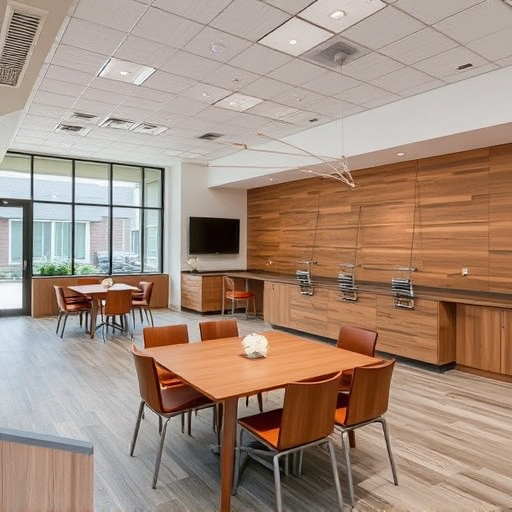
In the realm of commercial remodeling, one of the most significant mistakes to avoid is neglecting building code compliance. Before beginning any construction or renovation project, it’s crucial to obtain the necessary permits and ensure adherence to local safety standards. Failure to do so can result in costly penalties, project delays, and even legal issues down the line. Every jurisdiction has its own set of regulations that must be followed, encompassing everything from structural integrity to fire safety and accessibility requirements.
Understanding these codes is essential for both property owners and contractors engaged in commercial remodeling. Permits not only legitimize the work but also provide a safety net, ensuring that the completed project meets minimum standards. For instance, proper exterior painting requires compliance with environmental regulations regarding paint selection and disposal, while residential renovations often necessitate specific safety measures to protect occupants and workers alike. Home improvement services should never be undertaken without considering these vital aspects, as they safeguard not only the building but also its inhabitants.
When embarking on a commercial remodeling project, it’s crucial to avoid these common pitfalls. Thorough planning, including accurate measurements and a clear scope, is essential for managing expectations and costs. Budgeting should be thoughtful, accounting for potential unforeseen expenses. Additionally, adhering to building codes and safety standards ensures a compliant, secure space. By prioritizing these aspects, commercial remodeling endeavors can become successful transformations that enhance properties without compromising quality or safety.





